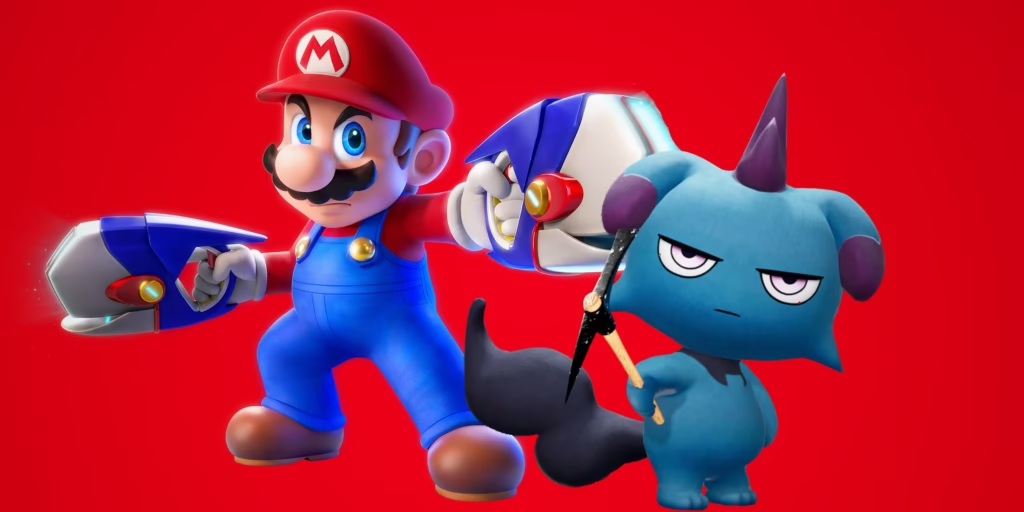
The legal saga between Nintendo and Palworld developer Pocketpair just got even stranger. In a highly unusual move, Nintendo has amended a central patent mid-lawsuit, prompting questions about the company’s legal strategy — and its confidence in the case.
📅 Background of the Lawsuit
Filed in September 2024 in Tokyo, the lawsuit sees Nintendo and The Pokémon Company accusing Palworld of infringing on several of their jointly held patents. Critics of Palworld have long drawn comparisons between its monster designs and those in the Pokémon franchise, calling it a “Pokémon with guns” clone.
However, Pocketpair mounted a two-pronged defense, arguing that:
-
The patents Nintendo relies on are invalid, and
-
Even if valid, Palworld doesn’t infringe on them.
The case has been steadily gaining attention — but the latest development has left many in the industry scratching their heads.
🧾 Nintendo Modifies Patent JP7528390
According to a report by Games Fray, Nintendo requested a modification of JP7528390, one of the core patents involved in the lawsuit. The patent originally covered a system for seamless switching between rideable objects — such as mounts or creatures — a feature that appears in both Palworld and recent Pokémon games.
The Japan Patent Office (JPO) approved the amendment but noted that no “new technical matter” was introduced. What did change, however, was the language of the claims — now rewritten into a single 260-word run-on sentence. The altered claim can be found on pages 5 and 6 of the updated patent document.
🤔 Why This Is Unusual — and Risky
Modifying a patent mid-litigation is rare and risky. While Japanese law allows post-grant amendments, such changes can undermine the strength of the original claim, especially if they appear tailored for a lawsuit already in progress. Legal experts suggest this move may be a last-ditch effort to shore up Nintendo’s legal position after early defenses by Pocketpair proved strong.
More bizarre is the linguistic construction of the new patent language — an unwieldy, nearly unreadable sentence that some critics have likened to a legal smokescreen rather than a clear technical claim.
🎮 Implications for the Gaming Industry
If Nintendo succeeds in redefining the patent language to match Palworld’s systems more closely, the case could set a dangerous precedent. It could signal a future where large developers rewrite patents post hoc to suppress creative competition from indie studios.
On the flip side, if Nintendo’s revised claims are dismissed as too vague or desperate, it could embolden indie developers to push the boundaries of genre and design, free from looming legal threats.
🧵 Community Reactions
Gamers and legal observers alike are watching closely. Online forums are abuzz with speculation, and hashtags like #PatentStretch and #NintendoOverreach are gaining momentum. Some see this as Nintendo overextending its power; others see a valid defense of intellectual property.
Nintendo’s mid-suit patent rewrite is a strange and potentially pivotal moment in its lawsuit against Palworld. Whether it’s a sign of weakness or a tactical masterstroke remains to be seen — but either way, it’s reshaping the legal landscape of game development.